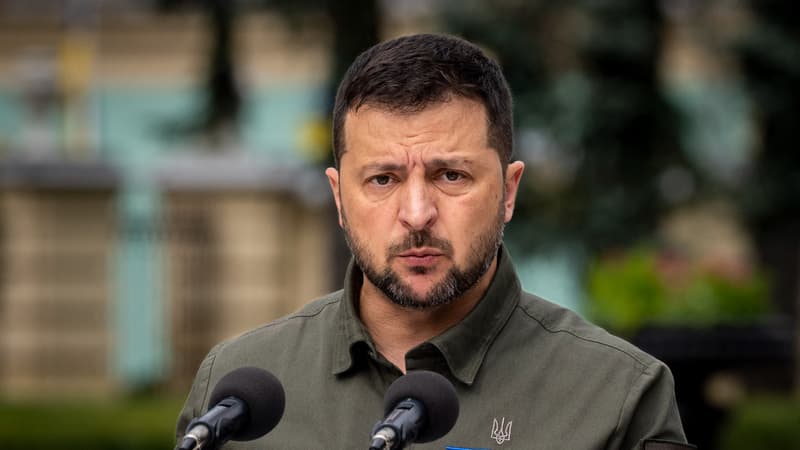If support for Kiev is almost unanimous, with the exception of Hungary and Slovakia, the 27 expressed their divisions on the review of the EU budget framework, during a summit on Thursday and Friday in Brussels.
Although their national accounts are affected by the economic slowdown, they are generally reluctant to spend more. However, it is urgent to agree on the review of financing for the period 2024-2027. It is strongly desired to reach an agreement at the next summit of Heads of State and Government to be held in mid-December.
The positions are “very different, we are far from an agreement,” admitted Estonian Prime Minister Kaja Kallas. “Some countries say we should not spend more money and redistribute the funds we already have. Others say we need additional funds because we are facing new crises.”
Envelope of 50 billion euros for Ukraine
On June 20, the European Commission asked the States for an additional 66 billion euros for the period 2024-2027 to address the crises that have affected Europe since 2020 following the Covid pandemic: invasion of Ukraine by Russia and migratory pressure . Recently the conflict in the Middle East has been added.
This sum includes 17 billion in grants and 33 billion in loans; the latter are not taken into account in the total additional financing of the European budget.
Brussels had also proposed an additional €15 billion for migration management (strengthening border controls and cooperation with countries of origin and transit), an uncontroversial priority.
In addition, ten billion are requested to reinforce investments in the technologies of the future (digital, green transition, biotechnology, etc.).
Added to this are 19 billion euros to finance the impact of the increase in interest rates on the debt contracted within the framework of the broad European post-Covid recovery plan, almost two billion for salary increases for officials linked to the inflation and three billion. an instrument of flexibility, a reserve for possible unforeseen expenses in the event of a crisis.
Towards budget cuts?
To limit the bill, several so-called “frugal” northern states, such as the Netherlands and Germany, large net contributors to the EU budget, are demanding redistributions. Sweden, for example, is proposing cuts to several EU programmes, including research (Horizon Europe), development aid and student exchanges (Erasmus).
Some 16 billion euros can be taken out of the current budget “if the Berlaymont”, headquarters of the Commission, is shaken, says a European diplomat. Other countries, such as Bulgaria, insist on not sacrificing essential programs such as aid to the most disadvantaged regions or agricultural policy, even if that means increasing contributions.
“There is a proposal from some countries to only increase the funds allocated to Ukraine. Slovenia insists that this will not be enough,” explained Slovenian Prime Minister Robert Golob, who predicts “long” debates. “Budget debates are always the most difficult.”
Source: BFM TV


